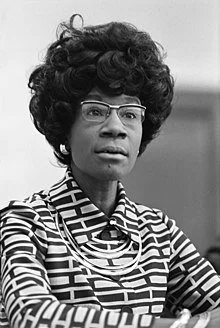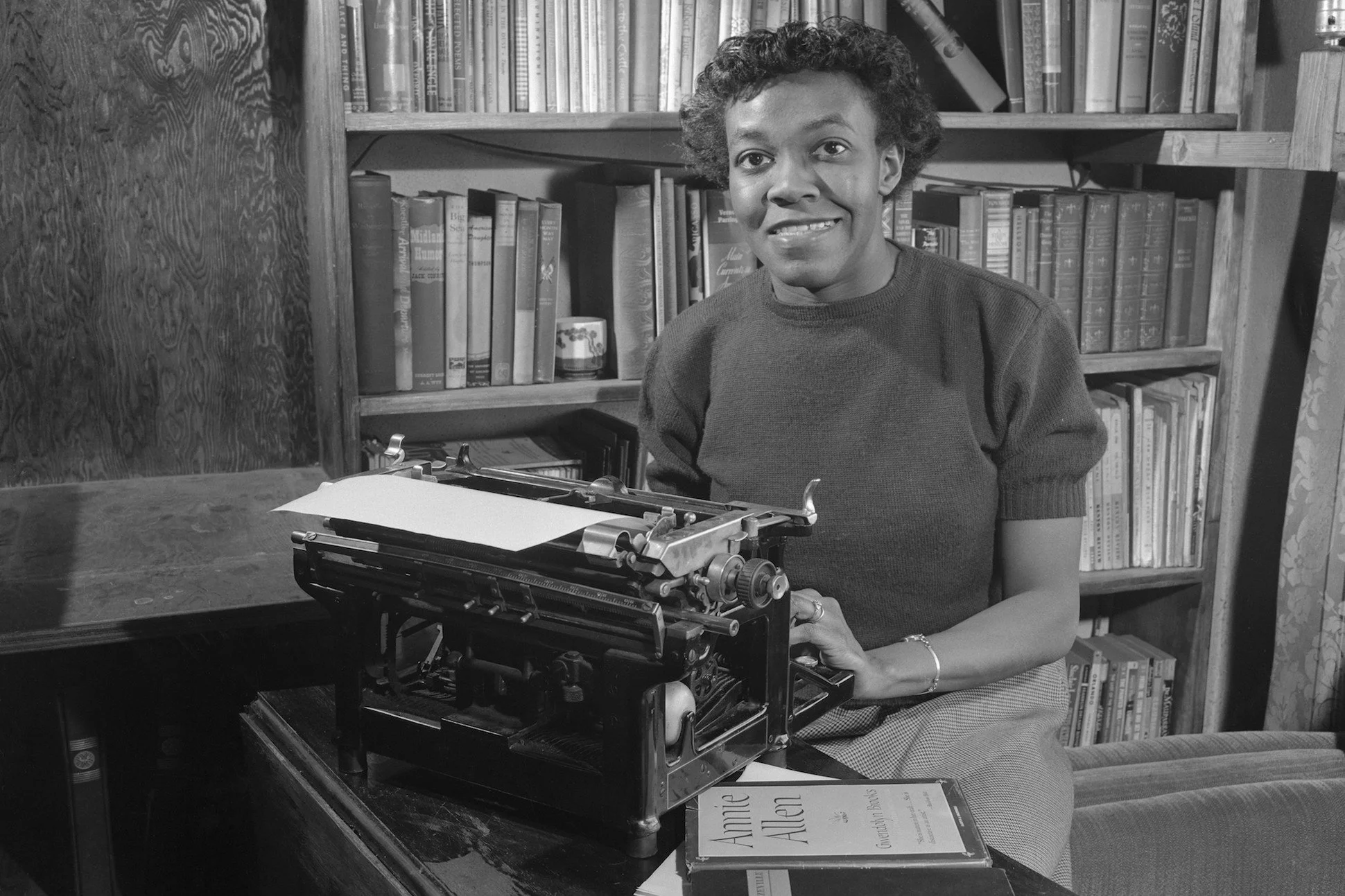Black History Month: Celebrating Prominent Black Figures in History
February is Black History Month. In this short article, Pixel Journal provides a brief introduction to the importance and significance of the month, how it was celebrated at OHS, and a few of the many hugely influential Black people in history.
Black History Month focuses on the contributions of African Americans to the United States. It aims to honor the entire scope of Black American history from slavery in the 17th century to the present day and to recognize the often underappreciated contributions that Black people have made to societies around the world.. It is celebrated in Canada, the UK, Ireland as well as in the US.
At OHS, Black History Month was celebrated throughout the month through a wide variety of individual. There was one held by the Black Student Union and Allies (BSU+A) and History Club, and the BSU+A was also involved in hosting a Dine & Dialogue event on African American food culture and a “So, You Think You Know Black Culture?” trivia event. There was also the Race To Be Human Documentary Screening and Discussion hosted by the OHS Diversity, Equity, and Inclusion (DEI) Committee and many more.
To celebrate Black History Month, the Pixel Journal is spotlighting the contributions of a few, of very many, Black people in a wide variety of fields with a focus on the contributions of Black women in particular.
Shirley Chisholm (1924-2005)
Shirley Chisholm was the first Black woman to be elected to Congress in 1968. She was also the first Black candidate with a major party nomination to run for President of the United States and the first woman to run for the Democratic Party’s nomination. She was born in Brooklyn, New York on November 30th, 1924, and spent part of her childhood in Barbados. She considered herself to be Barbadian-American. She attended Brooklyn College where she graduated cum laude in 1946 and began her career as the director of Friend in Need Nursery in Brooklyn, New York. She later continued her work in child care and also volunteered at local political clubs. She went on to represent New York's 12th District from 1969 to 1983 despite great opposition and discrimination due to her race and gender. Her campaign slogan "unbought and unbossed" was honored by the current Vice President of the United States, Kamala Harris, who used a similar slogan in her campaign.
Gwendolyn Brooks (1917-2000)
Gwendolyn Brooks is considered to be one of the most influential poets of the 20th century. She was also the first Black author to win the Pulitzer prize, which she won in 1950 for writing Annie Allen. She was born in Topeka, Kansas on June 7, 1917. When she was 6 weeks old, her family moved to Chicago as part of the “Great Migration.” Brooks was raised on the south side of Chicago and went on to live in the city for the rest of her life. She published her first poem “Eventide” at the age of 13, and had published over 75 other poems by the age of 16. She graduated from Wilson Junior College in 1936 and immediately pursued her career as a full-time writer. Brooks published her first poetry book in 1945 called A Street in Bronzeville; Annie Allen, her Pulitzer prize-winning book, was only her second poetry book publication and came out in 1949. Throughout her life, Brooks taught a lot and had her first teaching experience at the University of Chicago. She also held posts at Columbia College Chicago, Northeastern Illinois University, Chicago State University, Elmhurst College, Columbia University, and the City College of New York.
Dr. Rebecca Lee Crumpler (1831-1895)
Dr. Rebecca Lee Crumpler was the first Black woman to earn a medical degree in the United States. She worked as a physician for the Freedman’s Bureau for the State of Virginia. She later practiced in Boston's, at the time, predominantly Black neighborhood, Beacon Hill. She also published the book A Book of Medical Discourses in Two Parts, which was the first book written by an African American and published at the time. She was born in Delaware on February 8th, 1831, and raised in Pennsylvania by her aunt who cared for ill townspeople, which is what inspired her to pursue a career in medicine. She graduated from West-Newton English and Classical School and worked as a nurse for eight years before applying and being accepted into the New England Female Medical College from which she graduated in 1864. Despite facing extreme racism and sexism throughout her career—for example, with her professional medical opinion being dismissed by male physicians and her patients being unable to get the medicine she prescribed them—she persevered. Among her many honors are the Rebecca Lee Pre-Health Society and the Rebecca Lee Society at Syracuse University, two of some of the earliest medical societies for Black women which were named after her.



